(Mis)Information Operations: An Integrated Perspective

Abstract:
The massive diffusion of social media fosters disintermediation and changes the way users are informed, the way they process reality, and the way they engage in public debate. The cognitive layer of users and the related social dynamics define the nature and the dimension of informational threats. Users show the tendency to interact with information adhering to their preferred narrative and to ignore dissenting information. Confirmation bias seems to account for users’ decisions about consuming and spreading content; and, at the same time, aggregation of favored information within those communities reinforces group polarization. In this work, the authors address the problem of (mis)information operations with a holistic and integrated approach. Cognitive weakness induced by this new information environment are considered. Moreover, (mis)information operations, with particular reference to the Italian context, are considered; and the fact that the phenomenon is more complex than expected is highlighted. The paper concludes by providing an integrated research roadmap accounting for the possible future technological developments.
AUTHORS
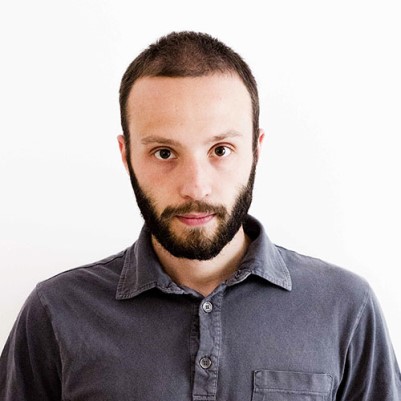
SC-CNR,
Rome, Italy
Matteo Cinelli is a post-doc researcher at ISC-CNR. His background is in Management Engineering and he obtained a PhD in Enterprise Engineering from the University of Rome “Tor Vergata”. His research interests include network science, computational social science and complex economics. Matteo Cinelli is an active member of the Complex Systems Society and he is part of the advisory board of the young researchers of the Complex Systems Society.
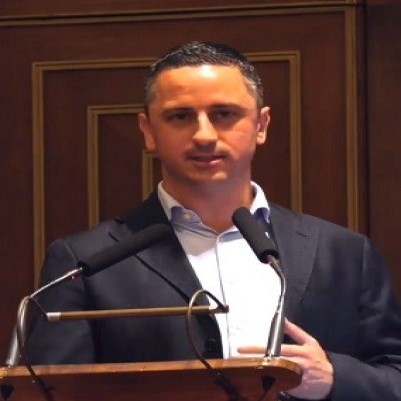
University of Padua
Padua, Italy
Mauro Conti is Full Professor at the University of Padua, Italy, and Affiliate Professor at the University of Washington, Seattle, USA. He obtained his Ph.D. from Sapienza University of Rome, Italy, in 2009. After his Ph.D., he was a Postdoc Researcher at Vrije Universiteit Amsterdam, The Netherlands. In 2011 he joined as Assistant Professor the University of Padua, where he became Associate Professor in 2015, and Full Professor in 2018. He has been Visiting Researcher at GMU (2008, 2016), UCLA (2010), UCI (2012, 2013, 2014, 2017), TU Darmstadt (2013), UF (2015), and FIU (2015, 2016, 2018). He has been awarded with a Marie Curie Fellowship (2012) by the European Commission, and with a Fellowship by the German DAAD (2013). His research is also funded by companies, including Cisco, Intel, and Huawei. His main research interest is in the area of security and privacy. In this area, he published more than 250 papers in topmost international peer-reviewed journals and conference. He is Area Editor-in-Chief for IEEE Communications Surveys & Tutorials, and Associate Editor for several journals, including IEEE Communications Surveys & Tutorials, IEEE Transactions on Information Forensics and Security, IEEE Transactions on Dependable and Secure Computing, and IEEE Transactions on Network and Service Management. He was Program Chair for TRUST 2015, ICISS 2016, WiSec 2017, and General Chair for SecureComm 2012 and ACM SACMAT 2013. He is Senior Member of the IEEE.
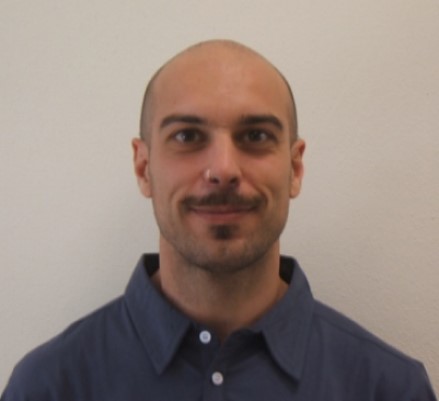
University of Padua
Padua,Italy
Prof. Livio Finos (male) received the Ph.D. degree in Statistics from the University of Padova, Padova, Italy, in 2004. From 2004 to 2008 he was Post-Doc Researcher at the University of Padova, Ferrara, Rome and Leiden (NL). He has been Assistant professor at the University of Padova, from 2009 until 2014. Since 2014, he is Associate Professor of psychometrics at the same university. His expertise is on nonparametric statistical methods for multivariate inference, specially multivariate permutations tests and multiple testing. The application fields range from neuroscience to behavioral psychology, from the biostatistics to echology, from text mining to big (web) data.
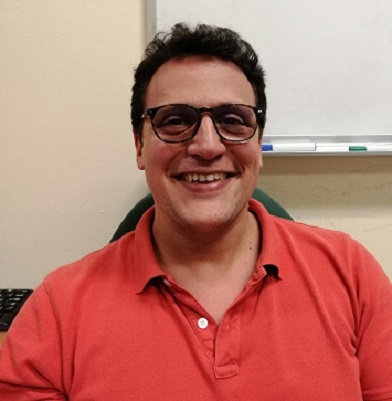
University of Pisa
Pisa, Italy
PhD in Social Anthropology (University of Siena, Italy) in 2012, I am currently a postdoc fellow at the University of Pisa, where I do research on online disinformation, with a focus on social media and politics. I am a member of the KDD Lab (ISTI-CNR, Italy) and MediaLab, a joint research group (University of Pisa - CNR) investigating big data in social and political research.
Jožef Stefan Institute
Ljubljana, Slovenia
Petra Kralj Novak is a postdoctoral researcher at the Department of Knowledge Technologies, Jožef Stefan Institute, Ljubljana, Slovenia. Her research is focused on knowledge discovery from databases including interpretable AI models. For the past seven years, she has analysed social and mainstream media and their mediated sentiment. Her avantgarde research on the role of emojis in conveying sentiment is considered as the base reference for emoji analysis. She is the coordinator of the EU project IMSyPP: Innovative Monitoring Systems and Prevention Policies of Online Hate Speech (2020-2022). She regularly serves on program committees of major academic and industrial conferences ICDM, ICML, DS, IDA, and Southern Data Science. I am PC co-chair of the 22nd International Conference on Discovery Science (2019, Split, Croatia). She lectures widely to both academic and industrial audiences.

Ca’ Foscari University of Venice
Venice, Italy
Antonio Peruzzi is a PhD student in Economics at Ca' Foscari University of Venice. Formerly, he worked as research collaborator at the Data Science & Complexity Lab of Ca' Foscari. His research interests mainly concern mass behaviours, from financial markets to social media.
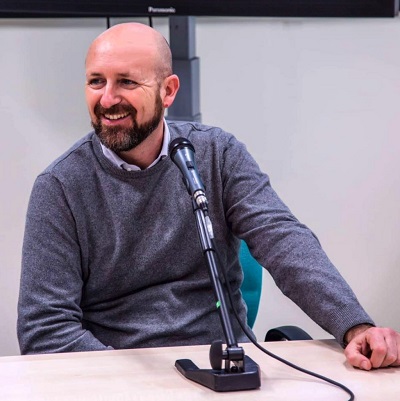
IIT-CNR
Pisa, Italy
Maurizio Tesconi is a computer science researcher at IIT-CNR. His research interests include social web mining, social network analysis, and visual analytics within the context of open source intelligence. Tesconi received a PhD in information engineering from the University of Pisa. He is a member of the permanent team of the European Laboratory on Big Data Analytics and Social Mining. Contact him at maurizio.tesconi@iit.cnr.it.
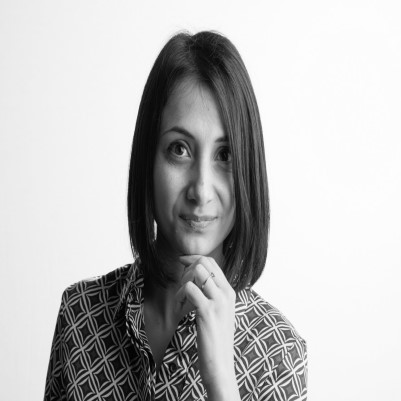
Ca’ Foscari University of Venice
and
Center for the Humanities and Social Change
Venice, Italy
Fabiana Zollo received her Phd in Computer, Decision, and Systems Science from IMT School for Advanced Studies Lucca in 2016. Since 2018 she is an Assistant Professor in the Department of Environmental Sciences, Informatics, and Statistics at Ca’ Foscari University of Venice, where she works in the Laboratory of Data & Complexity and is fellow member of the Center for Humanities and Social Change. Her research interests are focused on the dynamics of information diffusion and production online. Her results have been published on renowned international journals, widely covered by national and international media, and largely disseminated.
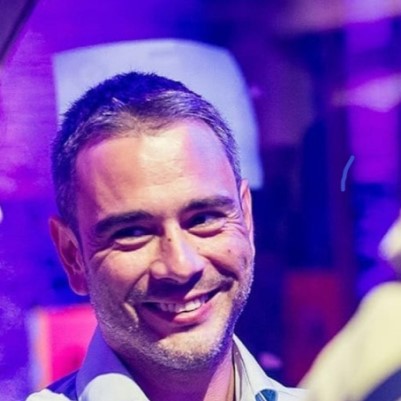
Ca’ Foscari University of Venice
Venice, Italy
Walter Quattrociocchi is head of the Laboratory of Data and Complexity at Ca’ Foscari University of Venice, where he is Assistant Professor (Tenure Track) in Computer Science and currently qualified for associate professorship. His research interests include data science, network science, cognitive science, and data-driven modeling of dynamic processes in complex networks. His activity focuses on the data-driven modeling of social dynamics such as (mis)information spreading and the emergence of collective phenomena. Walter has published extensively in peer reviewed conferences and journals including PNAS. The results of his research in misinformation spreading have informed the Global Risk Report 2016 and 2017 of the World Economic Forum and have been covered extensively by international media including Scientific American, New Scientist, The Economist, The Guardian, New York Times, Washington Post, Bloomberg, Fortune, Poynter and The Atlantic). He published two books: “Misinformation. Guida alla società dell’informazione e della credulità” (Franco Angeli) and “Liberi di Crederci. Informazione, Internet e Post Verità” with Codice Edizioni for the dissemination of his results. In 2017 Dr Quattrociocchi was the coordinator of the round table on Fake News and the role of Universities and Research to contrast fake news chaired by the President of Italy's Chamber of Deputies Mrs Laura Boldrini and is Scientific Advisor of the Italian Communication Authority (AGCOM). Dr Quattrociocchi is regularly invited for keynote speeches and guest lectures at major academic and other organizations, having presented among others at CERN, European Commission, the University of Cambridge, Network Science Institute, L’Oréal, Global Security Forum.
Published In
Journal of Information Warfare
The definitive publication for the best and latest research and analysis on information warfare, information operations, and cyber crime. Available in traditional hard copy or online.
Quick Links
Archive

